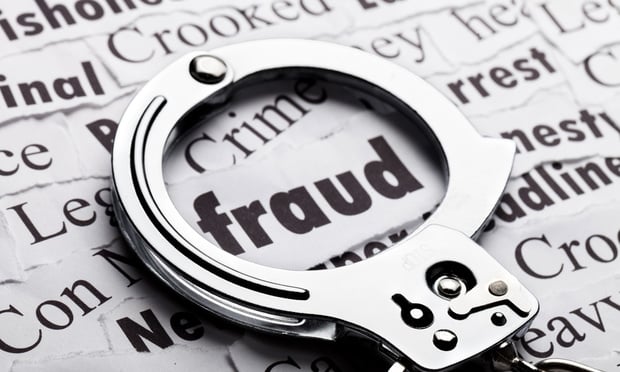The insurance industry remains divided over the merits of either reforming or abolishing Florida's no-fault auto insurance system.
Late last week, insurance committees in both the Senate and House approved moving the so-called “sunset date” to 2009 and 2012, respectively, from its currently set 2007.
The Property Casualty Insurers Association of America recommended maintenance of the system, but with certain reforms.
“At the present time, the bills contain some important provisions, but we would like to see more comprehensive reforms including a medical fee schedule and additional litigation controls to curb frivolous lawsuits,” said PCI spokesman Jeff Brewer.
David Reddick of the National Association of Mutual Insurance Companies, however, said the current system is beyond repair and scrapping it remains the best option.
He cited soaring costs stemming from fraud as one of the main reasons the system is not working.
Statistics from the National Insurance Crime Bureau said that three of the top cities for staged accidents are in Florida, with Miami topping the list.
If the Legislature takes no action this year, the system will disband in October of 2007 and the state will revert to a system where the courts determine fault and liability in major accidents. That is essentially what happened in Colorado earlier this year.
Florida Insurance Council president Sam Miller said his organization is remaining neutral–it is made up of both repealers and reformers, and a subset of reformers, mainly health insurers, which want to expand the system in ways the auto insurers oppose.
But the industry remains united against the so-called “re-enacters” who want to make permanent the current system without any sunset date. That group consists primarily of state trial lawyers and medical groups.
Florida was the second state in the nation to enact the no-fault system that authorized first-party injury protection benefits up to $5,000 to policyholders sustaining bodily injury in auto accidents, regardless of fault.
The law has been reformed at several junctures since then, most recently in 2001 and 2003, when the Legislature enacted reforms in response to widespread personal injury protection fraud found by a grand jury convened in 2000.
Want to continue reading?
Become a Free PropertyCasualty360 Digital Reader
Your access to unlimited PropertyCasualty360 content isn’t changing.
Once you are an ALM digital member, you’ll receive:
- Breaking insurance news and analysis, on-site and via our newsletters and custom alerts
- Weekly Insurance Speak podcast featuring exclusive interviews with industry leaders
- Educational webcasts, white papers, and ebooks from industry thought leaders
- Critical converage of the employee benefits and financial advisory markets on our other ALM sites, BenefitsPRO and ThinkAdvisor
Already have an account? Sign In Now
© 2024 ALM Global, LLC, All Rights Reserved. Request academic re-use from www.copyright.com. All other uses, submit a request to [email protected]. For more information visit Asset & Logo Licensing.








